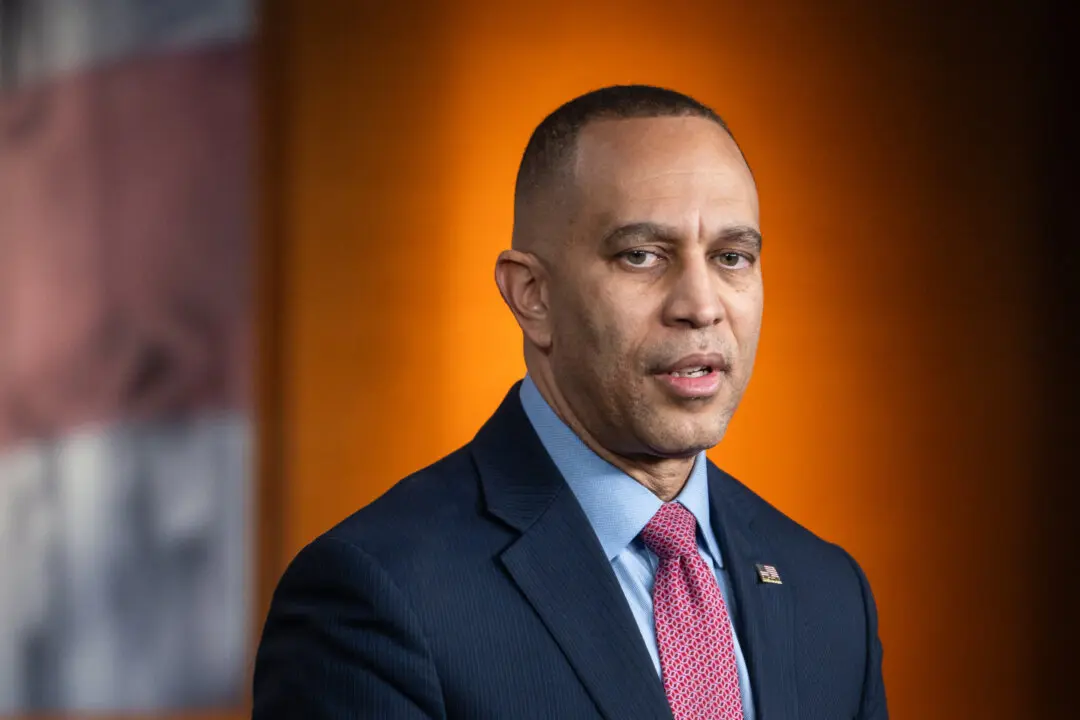Stock markets in Asia tumbled on Dec. 16 as investors anticipated that higher interest rates would persist following the latest rate hikes by the U.S. Federal Reserve and other central banks.
The Fed raised its interest rate by 50 basis points on Dec. 14, prompting central banks in Europe, Britain, Switzerland, Denmark, Norway, Mexico, and Taiwan to follow suit. The banks said the hikes were necessary to tame inflation.





